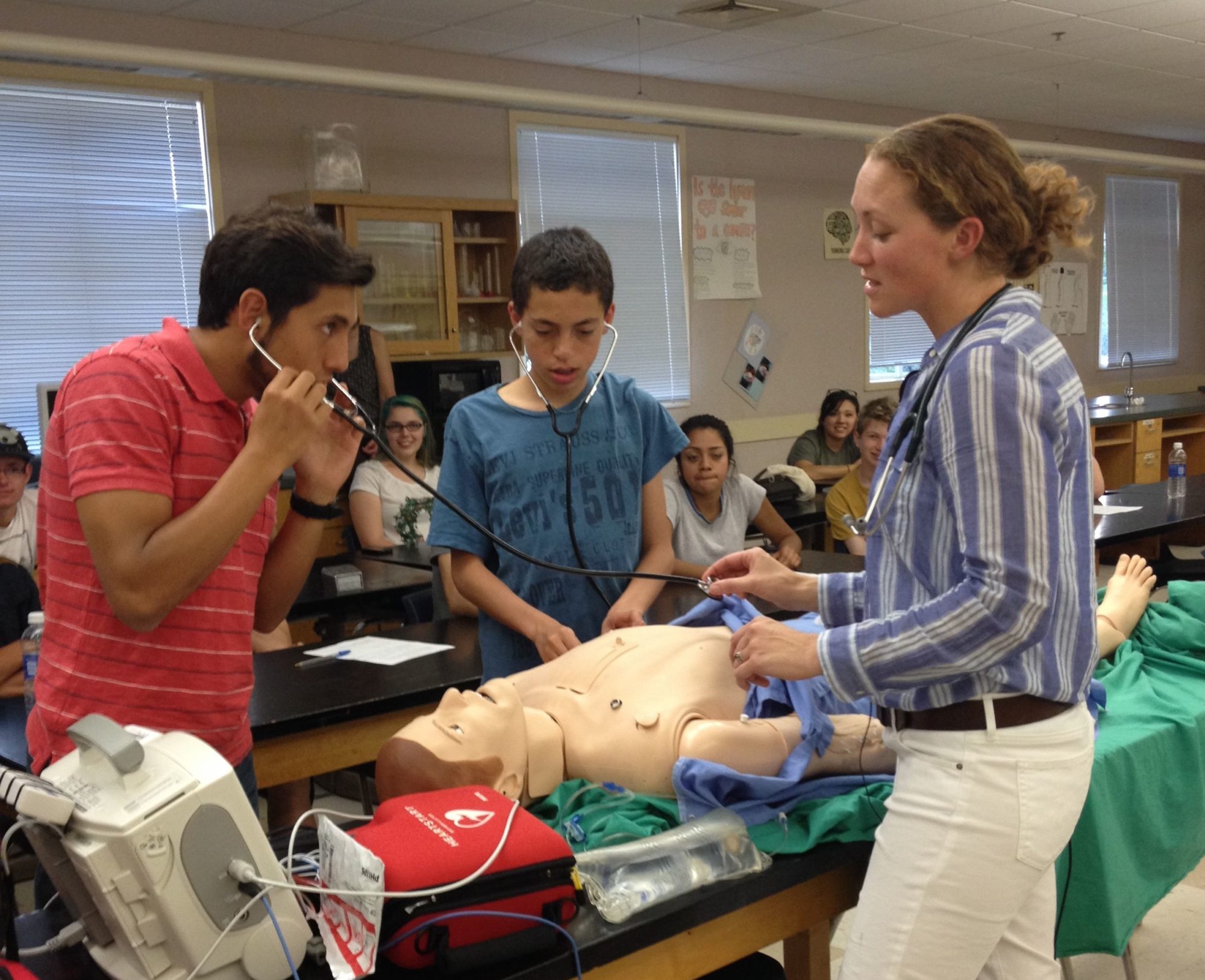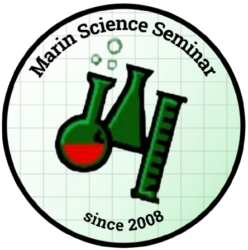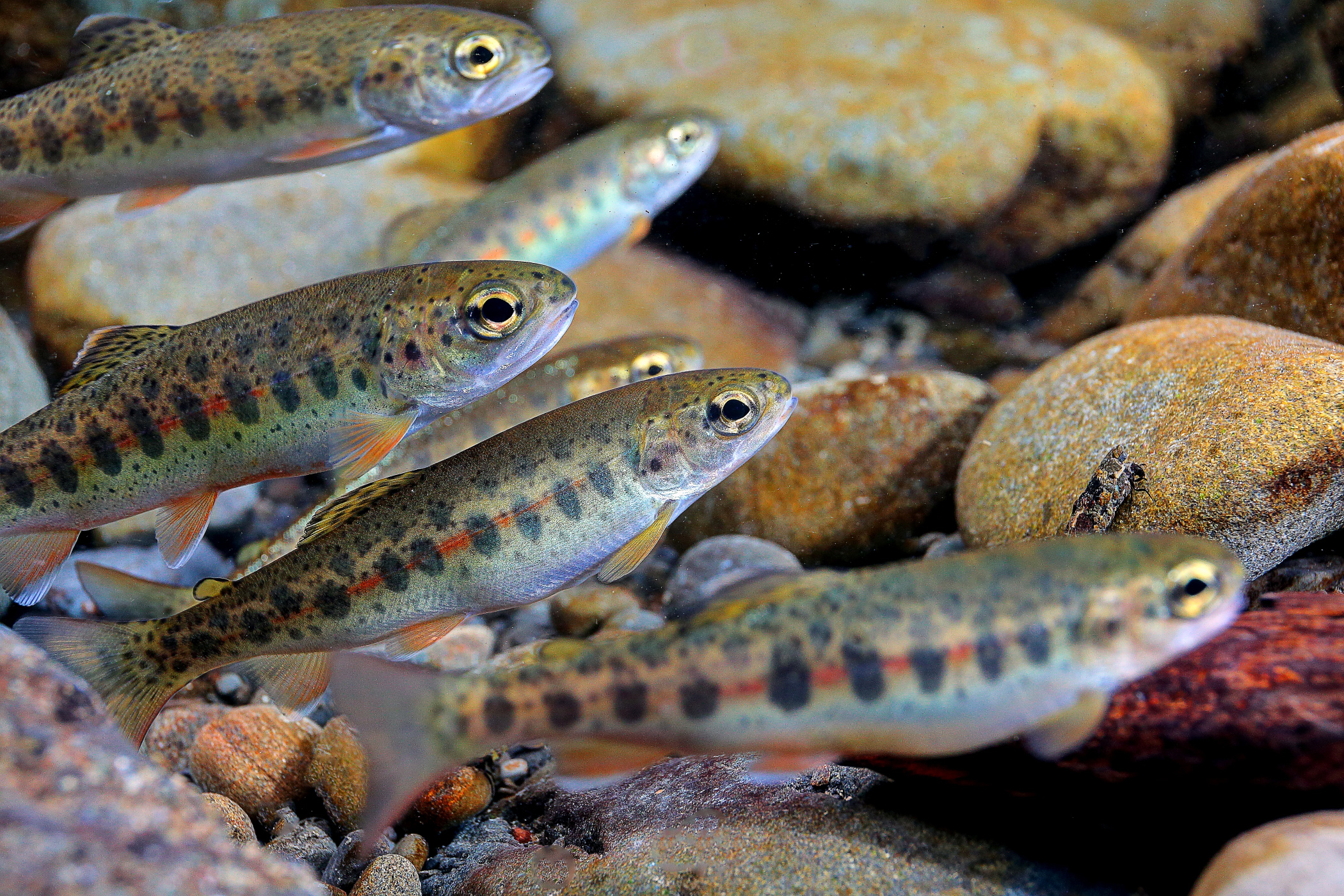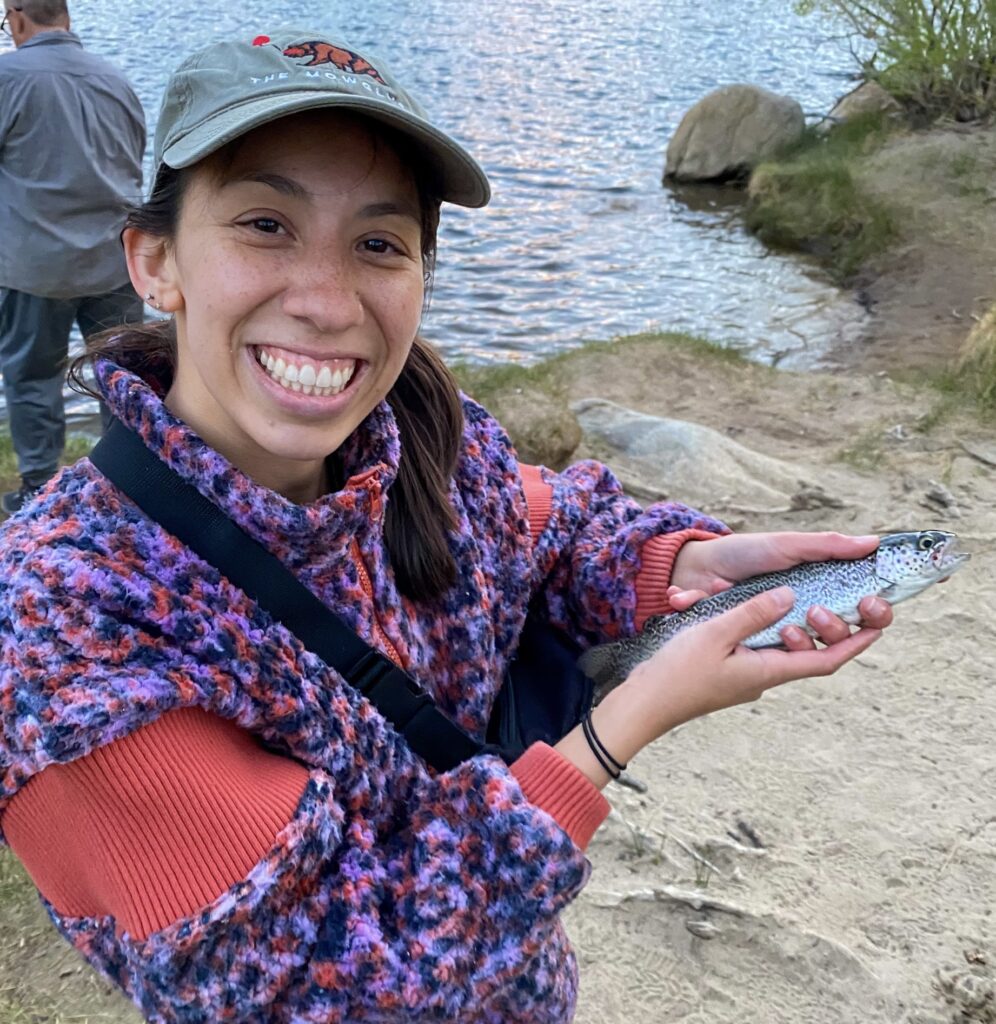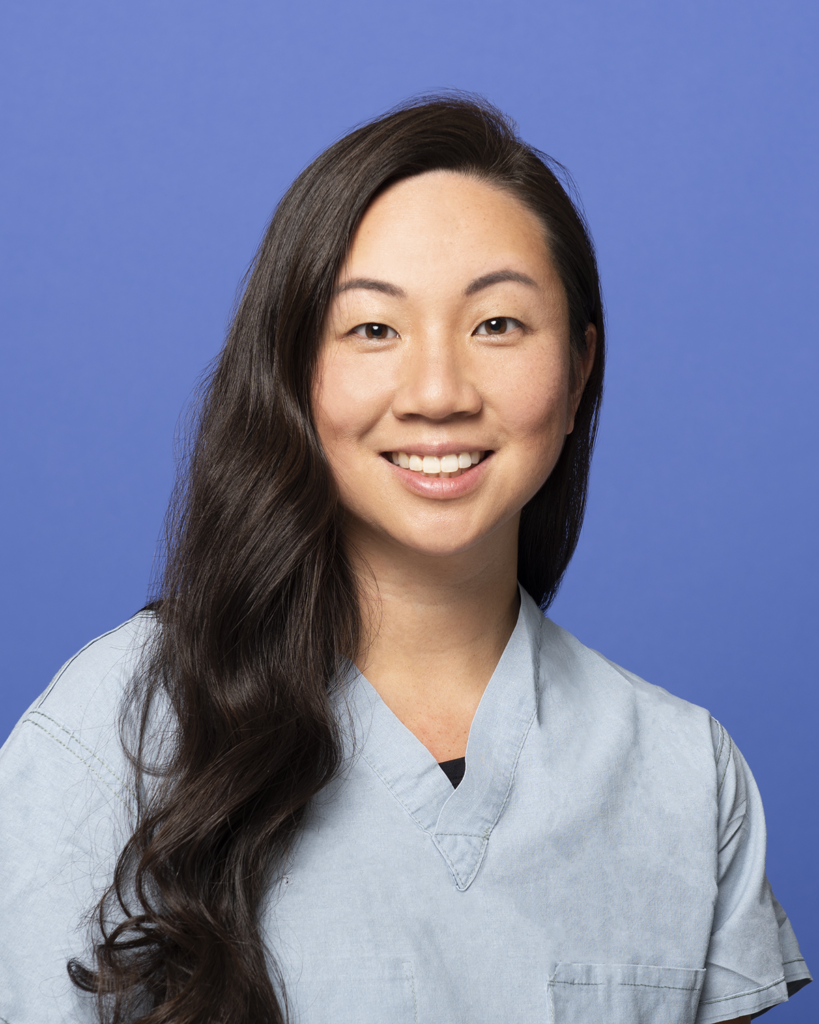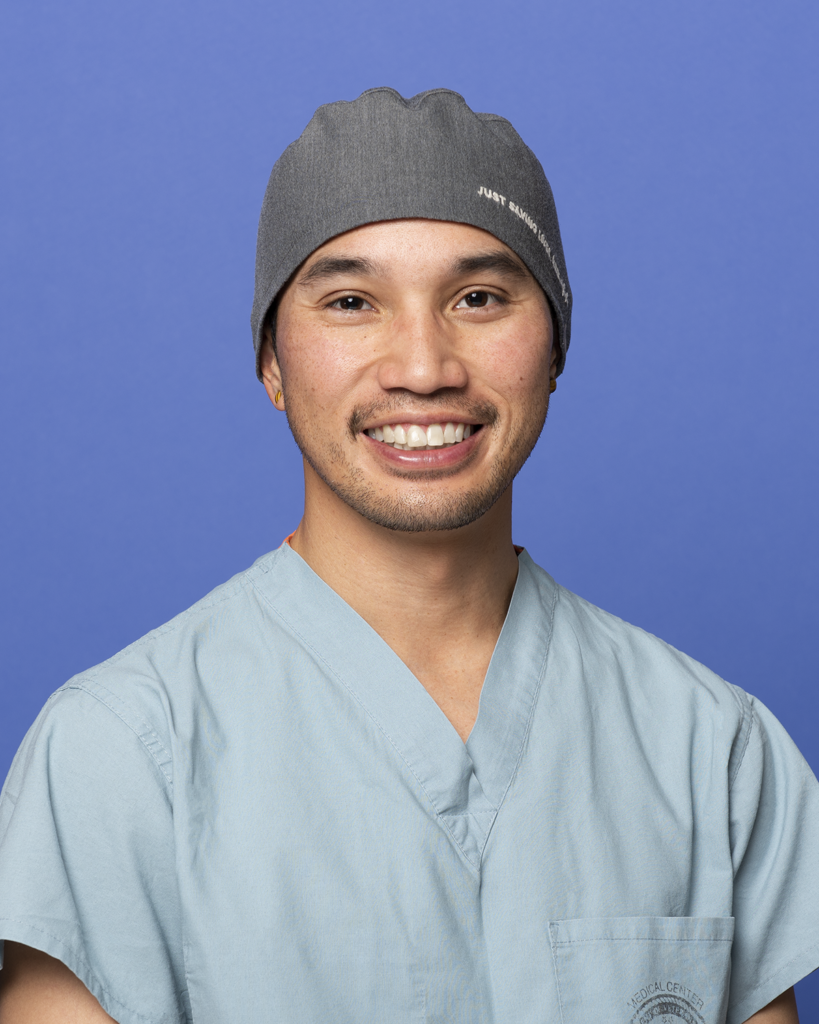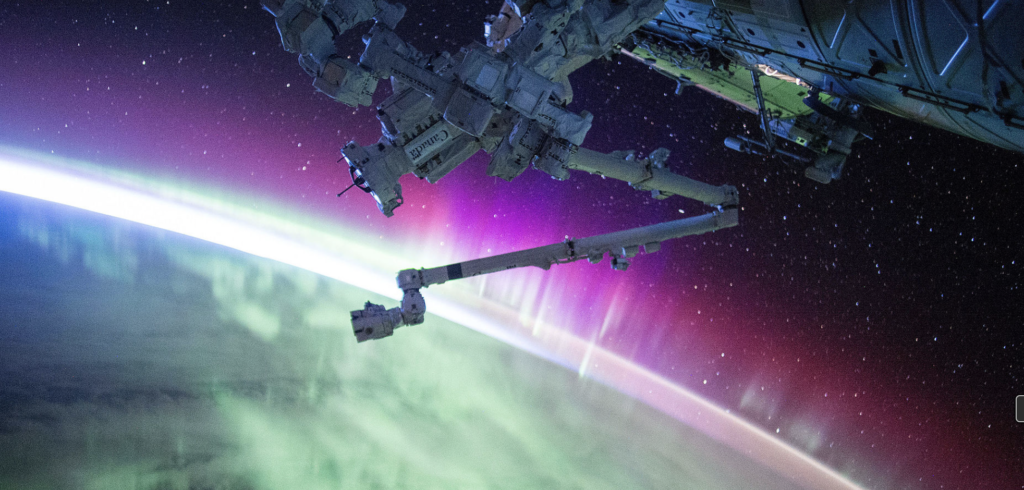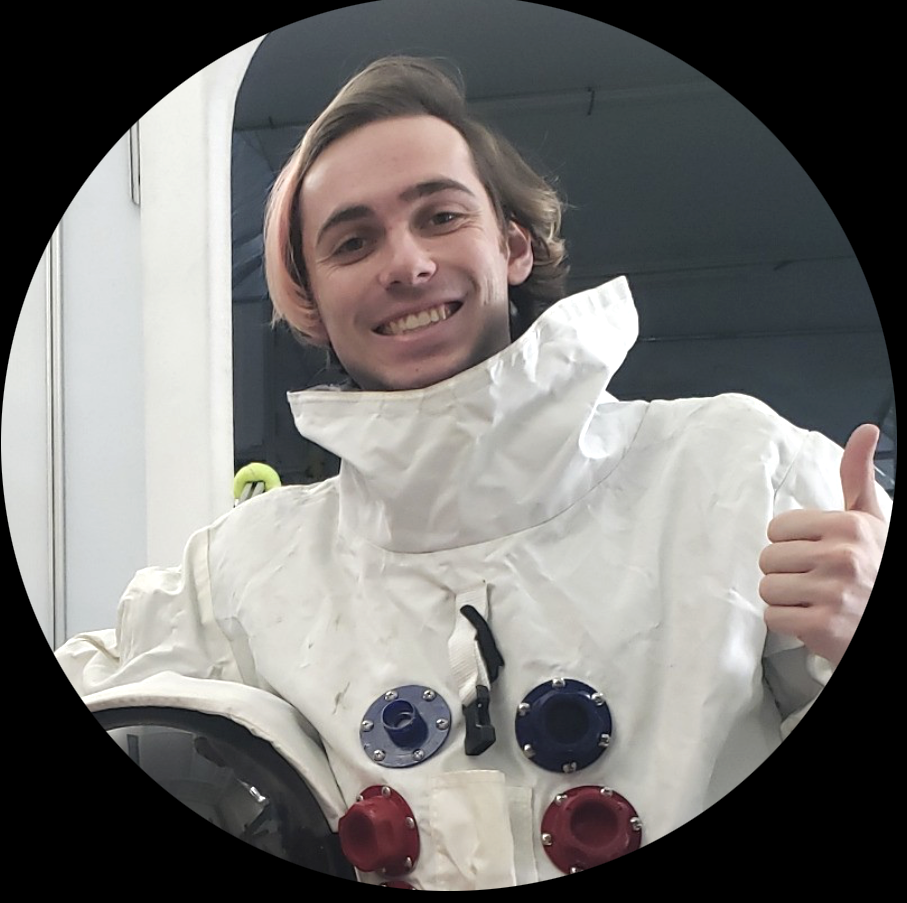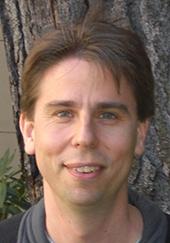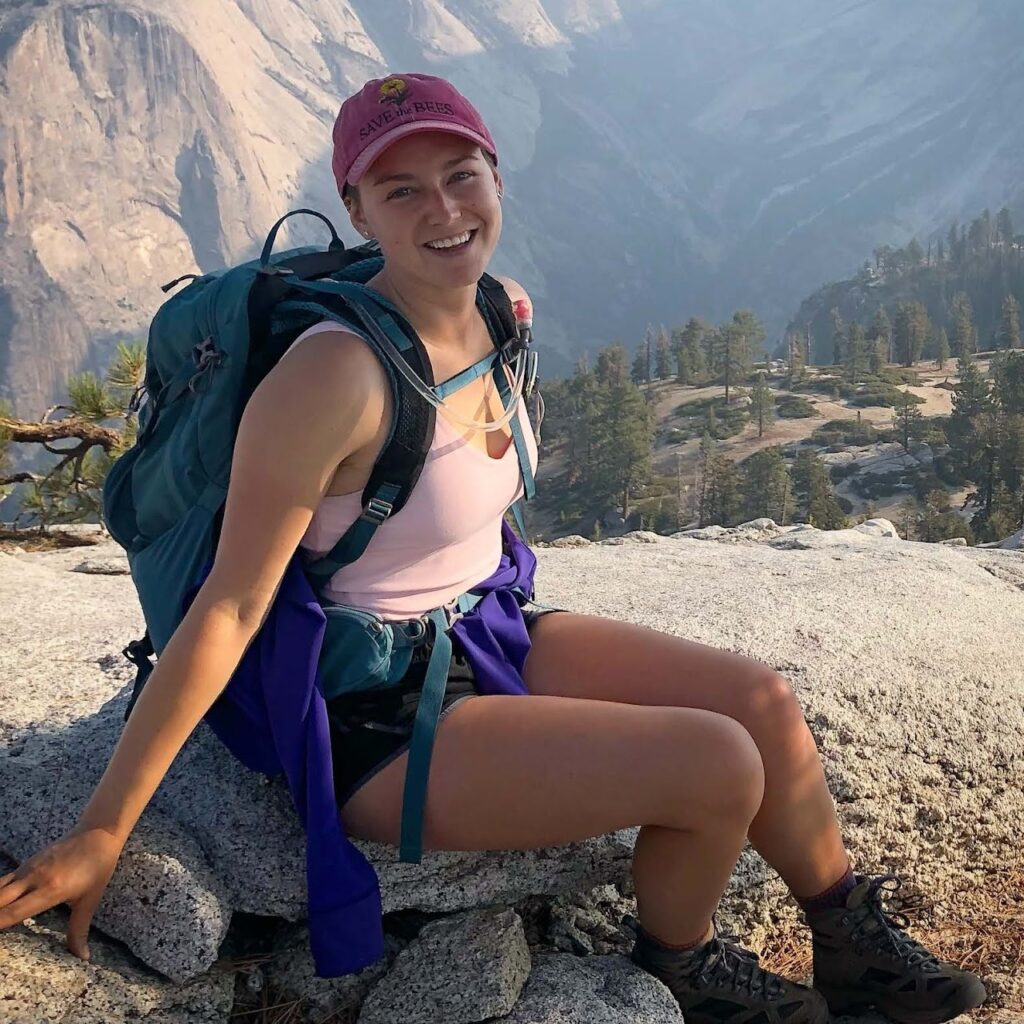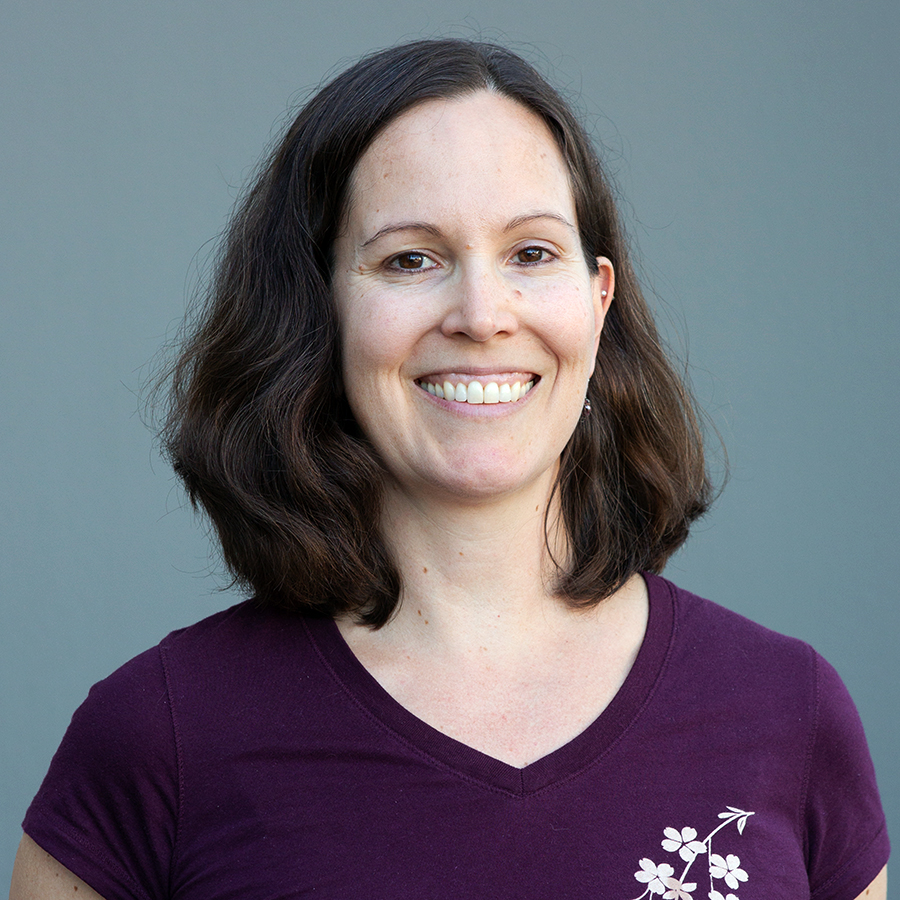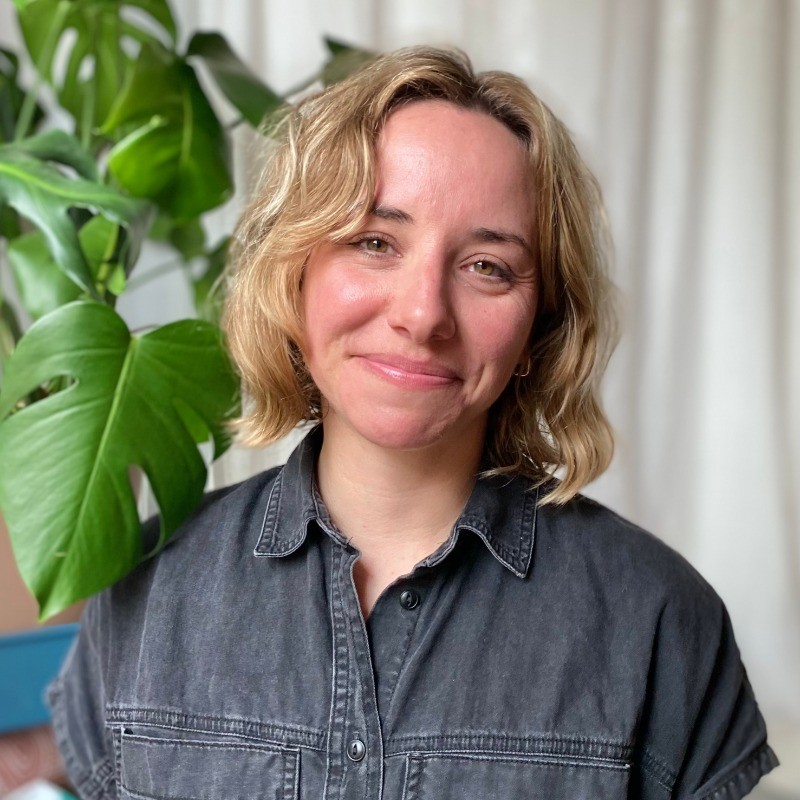with Art Wallace, M.D. Ph.D., UCSF and VA Medical Center, San Francisco
WHEN?: Wednesday, February 5th, 2025 – TLHS Innovation Hub – 7:30 – 8:30pm
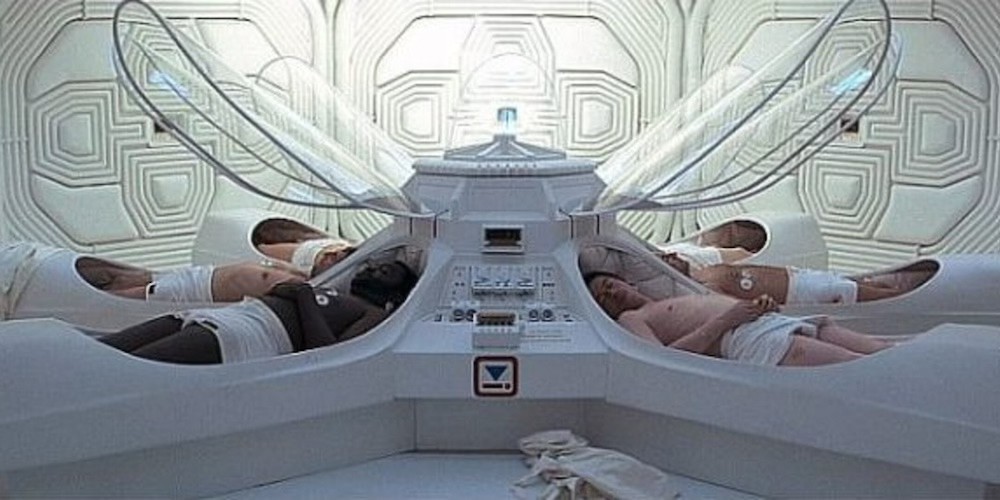
Description: Sci-Fi movies often depict hibernation as the secret to long-duration human spaceflight. (Note: Even with ideal starship acceleration and deceleration — AND with the benefit of relativistic effects — the nearest exoplanet is 3.6 YEARS away!) Of course, the boundary between science fiction and science fantasy is hazy. Advances in anesthesia may facilitate hibernation. Physiologically, however, general anesthesia is detrimental in the short term, and worse in the long term. Will long-spaceflight medical advances ever be able to deal with this sobering hibernation fact that roughly half of naturally-hibernating animals never revive? Join us to find out. Bring your questions and your curiosity!
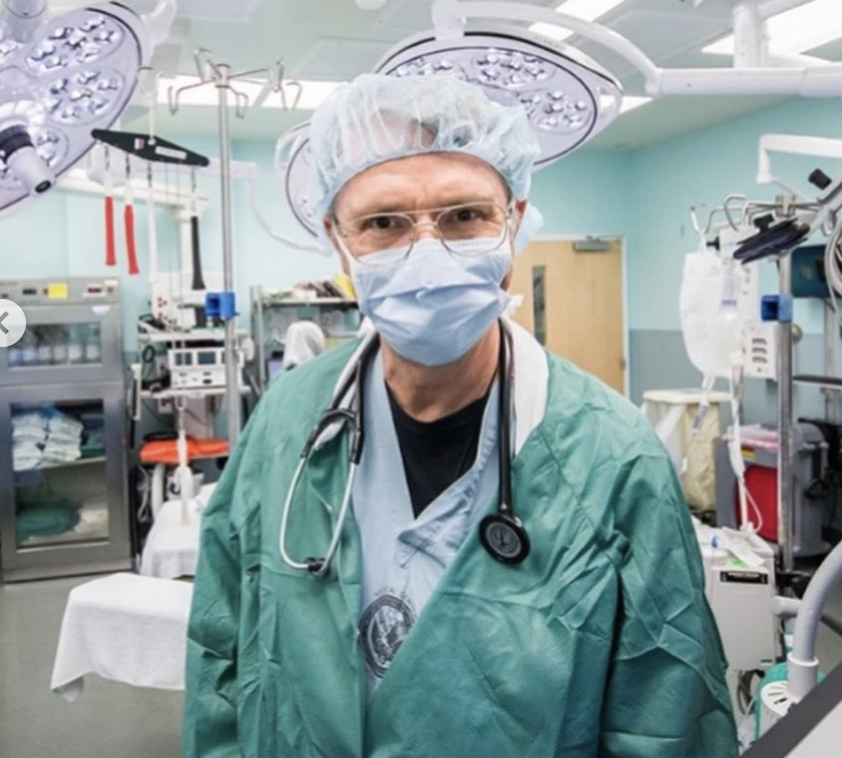
Bio: Art Wallace, M.D, Ph.D is a cardiac anesthesiologist, professor and vice-chairman of anesthesiology and perioperative care at the University of California San Francisco, and Chief of Anesthesia at the San Francisco VA Medical Center. Dr Wallace has developed medications, surgical procedures, medical devices, and medical informatics software.
Links:
